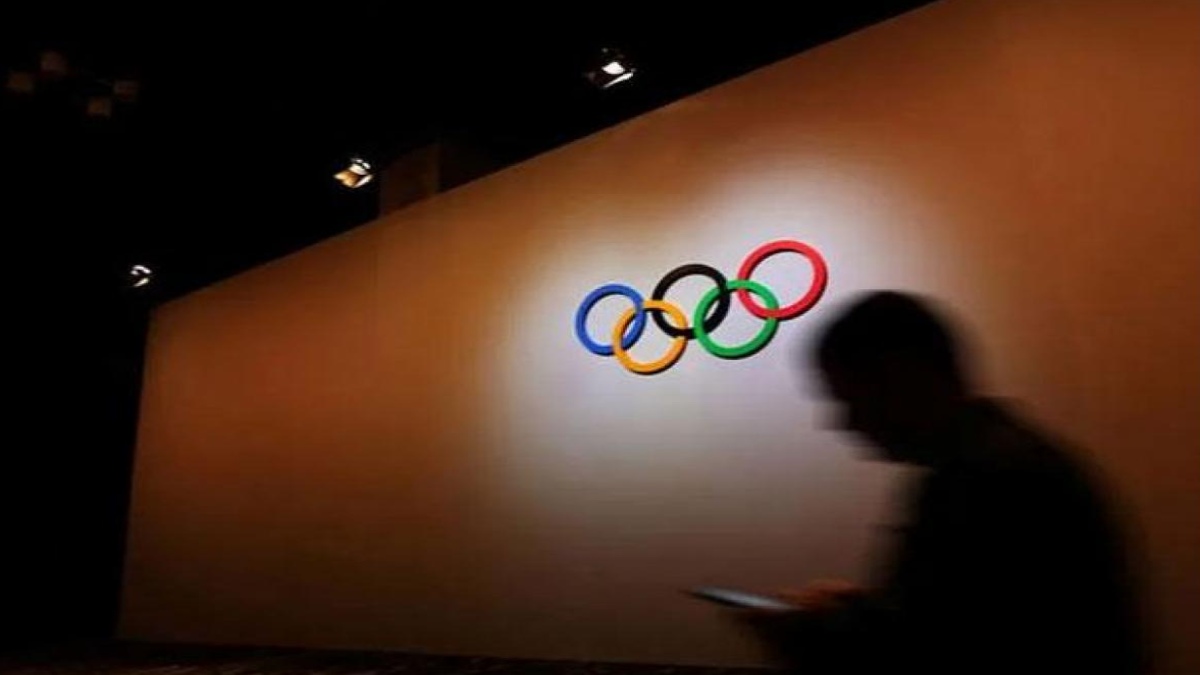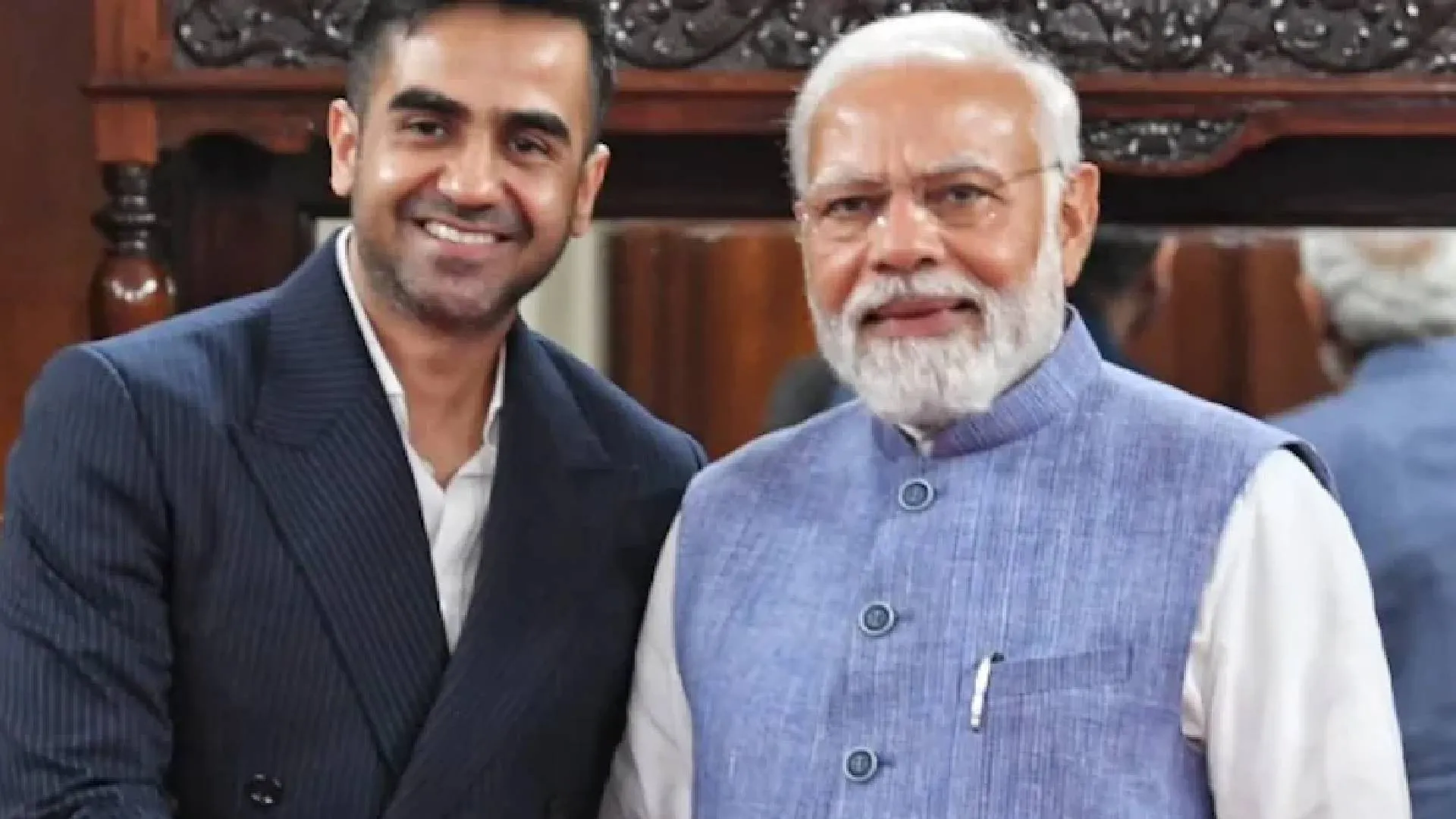The United States’ announcement of a diplomatic boycott of the 2022 Beijing Winter Olympics has potential to take the relationship to a new low between two of the most powerful countries in the world. The decision was announced after the US administration spent months thinking about how to go about it. China is hosting the Winter Olympics in coming February. Observers feel the move is an attempt by Washington to show toughness over China’s human rights abuses.
Human rights groups in the United States have been pressurizing the leadership in Washington since long to speak against China›s human rights abuses, in the Xinjiang region about which different international agencies and human rights watch groups argues that state repression faced by the Uyghurs muslims in the province qualifies as genocide.Human rights groups of the West say that at least two million Uyghurs and other minorities, mostly Muslim minorities have been incarcerated in camps in Xinjiang, where China is also accused of forcibly sterilising women and imposing forced labour.There was no immediate reaction from the Chinese side, but the Chinese foreign ministry spokesperson had earlier threatened «resolute countermeasures” in case of any such boycott by the United States. The decision to boycott has been broadly welcomed by politicians and human rights groups in the United States, where President Joe Biden has been under pressure to speak out against Chinese rights abuses. Speaking to reporters White House Press Secretary Jen Psaki said the administration would send no diplomatic or official representation to the Games given China›s «ongoing genocide and crimes against humanity in Xinjiang and other human rights abuses.” He added, “Sending official representation would signal that the Games were business as usual, and we simply can›t do that.”
The International Olympic Committee (IOC) spokesperson said, “Sending or not of officials was a purely political decision for each government, which the IOC in its political neutrality fully respects. It also makes clear that the Olympic Games and the participation of the athletes are beyond politics and we welcome this.” A diplomatic boycott means that while athletes would still compete, government representatives would not be in the stands.
Talking to The Daily Guardian, Deepak Choudhary, a senior fellow at a New Delhi-based strategic affairs think tank said, “The United States had to show that it is taking tough measures vis-a-via China. The world is watching the United States closely. The boycott sends a loud and clear message across the world that the US is willing to counter China. The countries which are facing Chinese aggression will also get emboldened by this and would feel that with a engaged US in the Asian continent there would be a rules-based order. The boycott is an important development in the present geo-political situation and in view of the assertive Chinese stand.”






















